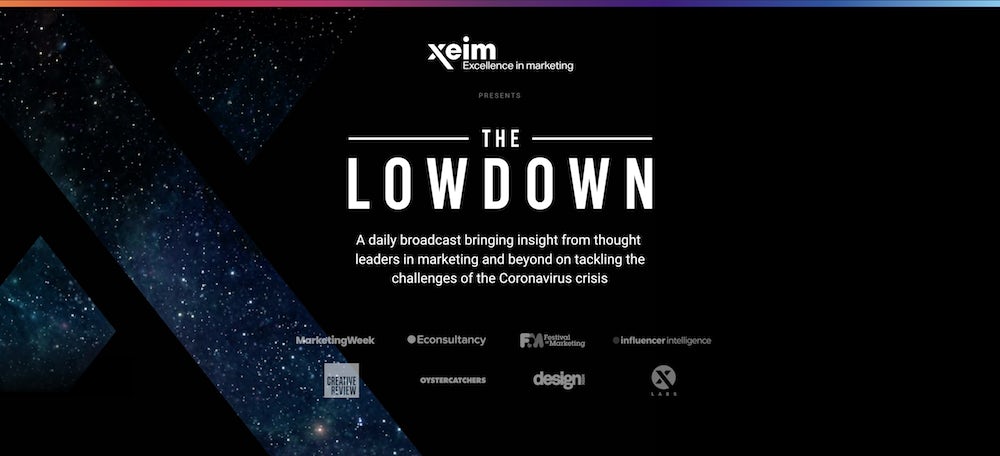While we might have re-discovered the joys of a jigsaw puzzle, non-essential travel – to work or on holiday – has been suspended. The frivolities that come with a trip to the pub have ceased, and any sniff of a celebration, be it a wedding, birthday or christening, has been cancelled. Clear your throat at the shops and the way people turn to look at you, you’d be excused for thinking you were on The Voice. This time though, four people will have turned around with a glare, and aren’t looking to pick you for their team.
For now, Covid-19 has replaced life’s pleasures with panic. Psychologists mandate that panic comes with an unhelpful byproduct: apathy.
Why? Optimism bias, which causes people to believe that they themselves are less likely to experience a negative event, makes people apathetic to the situation. Because one Covid-19 narrative sees people shrug off the initial threat meaning that they don’t act fast enough. This is evident the world over, from people frequenting the beach in Israel, to people gathering at Victoria Park in East London, even after schools have been closed.
Just as inaction might be fatal to our governments and population, it is fatal to brands too. As we’ve discovered from our last downturn, if brands don’t keep their lights on, they’ll soon be forgotten.
In the short run, going dark has little impact on brand or business metrics. Longer periods off air are likely to weaken brand health, because they’re likely to damage market share and reduce mental availability for the brand.
In ‘Marketing in a downturn’, Peter Field identifies a strong correlation between share of voice and ad spend. Share of voice drops in relation to relative ad spend. Once the decline sets in, however, we can see that it’s not a simple case of restoring spend to reverse it.
It is clear that the best way to ensure long term brand growth is to maintain some advertising expenditure, and the way brands advertise is also crucial.
We are normally in the business of behaviour change. However, from the way we shop to what we are hankering to consume in times of crisis, it is clear that our behaviour has already been changed. Covid-19 has changed behaviours for customers, and the brands which will win are those that can adapt to these changes.
Those that fail to flex risk becoming irrelevant. Using a three-phased behaviourally-ready framework can help us navigate times of uncertainty.
1. Immediate impact – brands need to provide certainty and purpose
In times where our security is threatened, people are hardwired to seek clarity and calm. Providing certainty and displaying solidarity can help alleviate some of that national panic, because it positively fuels our sense of collectivism in a time of struggle. At the end of the day, we will remember those brands that remembered us.
2. Adapting to a new normal – the importance of salience
As the crisis unfolds, the new reality is changing everyone’s behaviour, consumption and conversation. To adapt often means innovating in a salient way. The key lies in being agile. Brands need to adopt mirror-touch synesthesia, they must be the pulse of what their customers are thinking and feeling, so they can act on these triggers promptly with appropriately modified messaging and approaches.
3. Re-start – new beginnings, and chiming with new emotional states
Thankfully, no crisis lasts forever, and life does eventually go on. Restrictions and measures will eventually soften, and we’ll be invited to come back to a… new life. The post-Covid-19 period will be used by many as a time of rebirth – many will be motivated by aspirational behaviours. The best action for brands is to forecast the emotional state and behavioural changes required of everybody to re-start.
In order for a brand to be there in the positive moment of a new beginning, it needs to stay active in darker times, whilst planning for the lighter ones. It also needs to execute this positivity in the most tonally appropriate way. Covid-19 is, without a doubt, a time of constraint. This constraint isn’t a barrier for creativity though. When we have less to work with, psychologists have found that we begin to see the world differently. This is our time to make change.


Comments